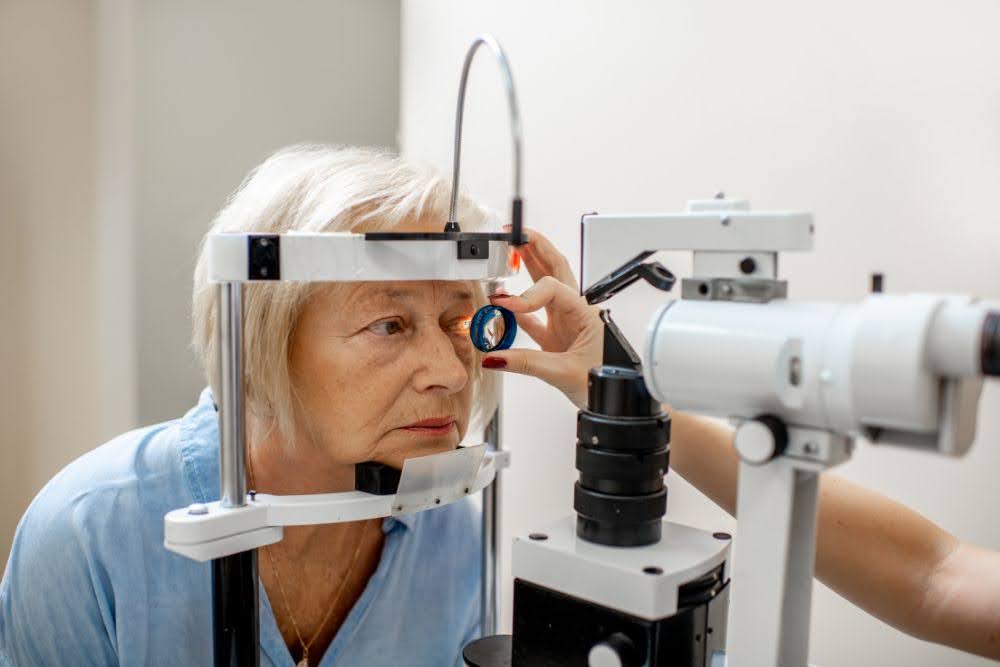Retinal Vein Occlusion: Why Timely Treatment Matters

We often associate blood circulation issues with the heart and major arteries. But did you know that our eyes, particularly the delicate retina, are also at risk? One serious condition that can arise is retinal vein occlusion (RVO) — a blockage in a small vein responsible for draining blood from the retina.. If left untreated, RVO can lead to serious complications, including vision loss. Understanding RVO and its potential consequences is crucial for taking proactive steps to maintain eye health.
How Retinal Vein Occlusion Affects Vision
RVO symptoms may include blurry vision and floaters—small spots or cobweb-like shapes that drift across your field of view. However, patients with RVO often don't experience symptoms until complications arise. Regular eye appointments can help ensure an early diagnosis, leading to improved treatment outcomes.
Complications of RVO include swelling of the macula (cystoid macular edema), abnormal blood vessel growth, bleeding in the eye (vitreous hemorrhage), dangerous eye pain and pressure, and retinal detachment, which is considered a medical emergency. If these complications are not treated quickly, they can lead to vision loss.
RVO Risk Factors
Age, particularly being over 40, is a significant risk factor for developing RVO. Certain medical conditions can also increase your risk, including:
- Atherosclerosis
- Diabetes
- Glaucoma
- High blood pressure (hypertension)
Additionally, a history of RVO in one eye increases the likelihood of it occurring in the other.
RVO Treatment Options
Currently, there's no way to reverse or cure the blockage in your retinal vein. However, retina specialists can prevent or treat the complications of RVO, especially if the condition is diagnosed early. These methods include:
- Anti-vascular endothelial growth factor (VEGF) injections: These injections are given directly into the eye and help prevent the abnormal growth of blood vessels.
- Steroid injections: Steroid injections can reduce swelling and improve vision by decreasing inflammation in the retina.
- Panretinal photocoagulation (PRP): This laser treatment can prevent the growth of new, abnormal blood vessels by creating numerous laser burns in the peripheral retina.
- Vitrectomy surgery: This procedure involves removing the vitreous gel from the eye, allowing for better examination of the retina, and facilitating other treatments.
- Medications to manage risk factors: If you have conditions that increase your risk of developing RVO, like high cholesterol, your doctor may prescribe medications to manage your levels.
An early diagnosis of RVO can help save your sight, underscoring the importance of regular eye appointments.
Schedule an Appointment with a Retina Specialist
Retinal vein occlusion is a condition that can cause permanent vision loss if left untreated. It’s crucial to schedule regular exams with a retina specialist, as they can detect RVO and offer treatment to protect and preserve your vision.
At Palmetto Retina Center, our retina specialists can effectively diagnose and treat conditions like retinal detachment in patients throughout South Carolina, including Columbia, Orangeburg, Sumter, Florence, and Aiken. Contact us today to schedule an appointment.
